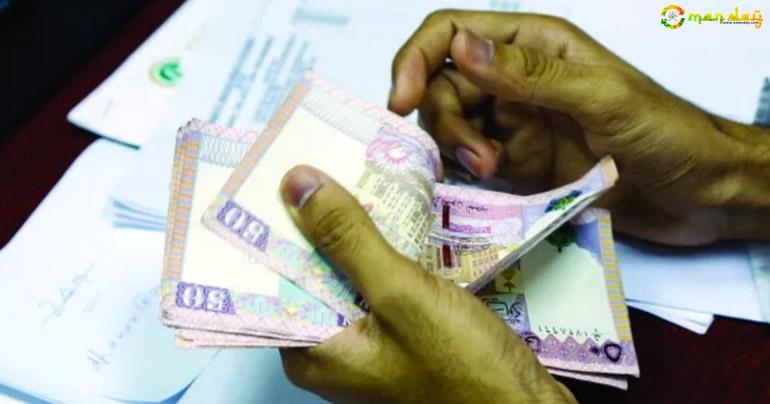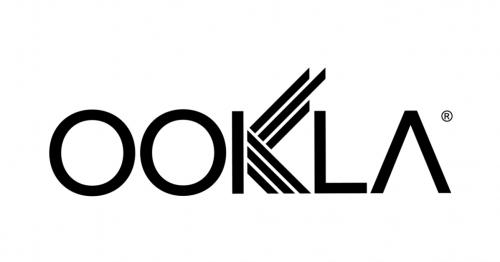Bank interest rates in Oman increase amid tight liquidity situation
Bank interest rates in Oman have increased in view of the tight liquidity situation and increased competition among banks for deposit mobilisation.
The weighted average interest rate on total deposits—both rial Omani and foreign currency deposits—rose to 1.423 per cent by the end of 2016, from 0.931 per cent in the same period of the previous year.
“While the average interest rate on foreign currency designated deposits remained more or less unchanged, marginally edging up from 0.894 per cent in December 2015 to 0.895 per cent at end-December 2016, interest rates on rial Omani deposits went up from 0.936 per cent to 1.493 per cent during this period,” the Central Bank of Oman (CBO) said in its annual report.
Local currency deposits have attracted higher interest rates than foreign currency deposits in recent years. Interest rates on foreign currency deposits are mostly governed by the London Inter-Bank Offered Rates (Libor), while rial Omani interest rates are impacted by the local liquidity situation. The shift towards the higher interest rate bracket during 2016 is reflective of banks’ desire to mobilise deposits given the emerging liquidity tightening when compared with the previous year’s position.
The Omani government raised extra funds from the domestic market by issuing development bonds and sovereign sukuk, in order to partially ease its budget deficit. These measures had the effect of reducing liquidity within the financial system, with the banking sector being especially affected. However, some relief was provided to the domestic market, as large portions of the government’s debt funds were raised from the overseas markets.
As far as lending rates are concerned, the weighted average on total lending increased to 4.827 per cent by the end of 2016 from 4.471 per cent in December 2015.
Currently, the personal loan interest rate ceiling stands at 6 per cent per annum for all commercial banks. The central bank has an administered interest rate policy only on personal loans to help the general public.
“While the interest rates on lending in local currency increased from an average of 4.762 per cent to 5.084 per cent, the same on foreign currency lending moved upwards from 2.592 per cent to 3.267 per cent.”
Interest margin
With increased competition, banks’ overall interest rate spread contracted marginally over the recent period from 3.700 per cent in December 2014 to 3.540 per cent in December 2015 and further to 3.404 per cent in December 2016. Likewise, the interest rate spread between local currency lending and deposits also narrowed from 3.826 per cent in December 2015 to 3.591 per cent in December 2016.
The CBO report said interest rates in Oman are expected to broadly converge with the interest rates prevailing in the United States in view of the fixed exchange rate peg of the Omani rial with the US dollar. However, marginal rate differentials may persist in the short term for considerations, such as local liquidity conditions, transaction costs and risk premia.
At present, the global interest rate scenario is still relatively benign despite the US Federal Reserve gradually increasing short-term interest rates. As advanced economies pick up growth, the interest rate cycle is anticipated to move upward and so will interest rate cycles in Oman.
Share This Post






